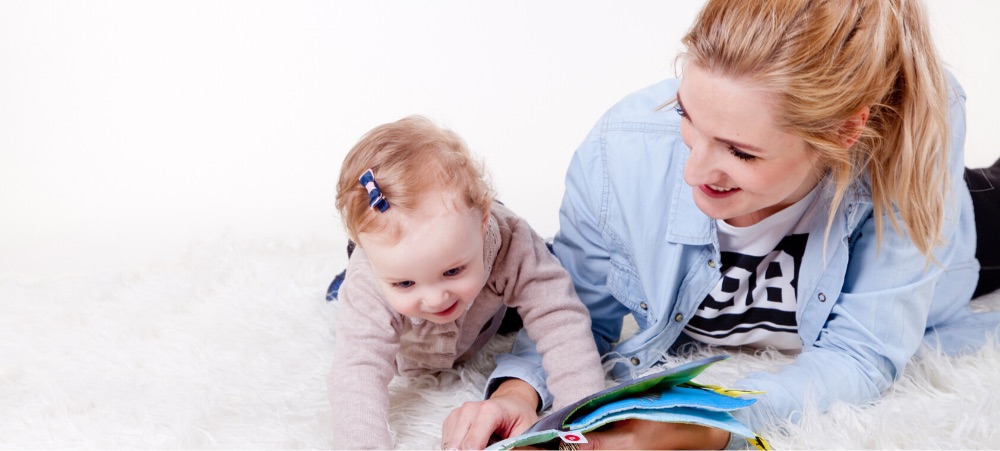
The LEGO Group launches new initiative to help parents talk to their kids about online safety and digital citizenship
The LEGO Group has recently launched Small Builds for Big Conversations, a series of creative challenges which offer parents and their kids an enjoyable, guided method to engage in conversations about being a good digital citizen and the importance of online safety. According to Kaspersky, parents spend just 46 minutes1 talking to their children about online risks throughout their entire childhood as they find it difficult to express the risks in a relatable way. Small Builds for Big Conversations has been created to address such barriers by giving parents simple, fun ways to talk to children aged six to 10 about digital safety and wellbeing while they play. The ‘Build & Talk’ challenges are based around characters built from LEGO bricks, who represent both the positive and negative aspects of life online. Parents and children are encouraged to build similar characters with LEGO bricks they have at home and use play and conversation prompts to talk about digital wellbeing, safety and potential dangers. During the pandemic, more than 290 million2 children globally were left learning from home when schools closed. As a result, online usage skyrocketed with estimates showing that screen time will have quadrupled3 for many kids by September, making it more urgent and important than ever that young children understand how to stay safe online. Without school, the onus is falling on busy parents to have important conversations around the benefits and risks of going online. Anna Rafferty, Vice President Digital Consumer Engagement, said: “As a parent I know it’s not always easy to talk to your children about being a good digital citizen in a way they understand, as they are often influenced by peer pressure and exciting digital experiences. We have a long history of creating safe digital play experiences for kids, so we wanted to give parents the confidence to connect with their children on this important topic.” “We understand the power of learning through play, which is why we’ve made the conversations playful,” added Rafferty. “LEGO bricks are great for sparking imagination and storytelling, so building characters while talking will make the experience more memorable and enjoyable for parents and kids. Today’s young children will live their lives online and many have their first digital experience before their first birthday4. Being a good digital citizen is critical for their development.” The builds are available in three themed activity packs that include two character categories: ‘The Online Explorers,’ like ‘The Giggler’ who loves to watch and make online videos, and The ‘Watch-Outs,’ like ‘The Chameleon’ who represents strangers that pretend to be friends. Each activity pack includes inspiration on how to build the characters, as well as talking points and questions to help guide the conversation between parents and their children, helping them have a natural conversation, that leads to learning while they play. The content has been developed in line with UNICEF digital safety guidelines5. “Spending time with parents and talking openly about experiences on the internet is key to keeping children safe and happy online,” said Andrew Mawson, Chief of Child Rights and Business at UNICEF. “We welcome this timely initiative by the LEGO Group to facilitate these conversations through play.” Building inspirations for all of the characters are available on www.LEGO.com. Each takes around 10 minutes to construct using existing bricks, and their physical features reflect the different aspects of being online. The ‘Build & Talk’ activity packs are available online now for free at: https://www.lego.com/aboutus/buildandtalk


































